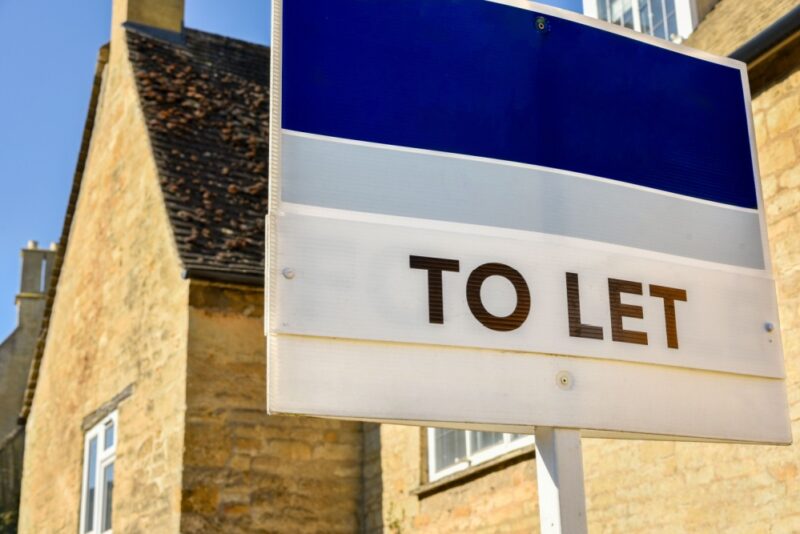We’ve now entered a new tax year. Whilst some changes were made during the 2020 Budget, other allowances and exemptions have stayed the same. Planning can help you make the most out of your finances over the next 12 months. So, which allowance should you keep in mind?
1. Personal allowance and National Insurance
The personal allowance for the new tax year remains the same at £12,500. This is the amount you can earn before Income Tax is due. Existing tax rates and thresholds are also unchanged. However, the National Insurance threshold has been increased, from £8,632 to £9,500, meaning 500,000 people will no longer pay the tax.
2. Savings allowance
Depending on how much you earn, your annual savings allowance could be up to £6,000, allowing you to save and receive interest tax-free.
This is made up of two parts. The first is the personal savings allowance. If you’re a basic rate taxpayer you can earn up to £1,000 in interest per year with no tax. For higher-rate taxpayers, the allowance falls to £500, whilst additional rate taxpayers don’t have an allowance. As a result, around 95% of savers shouldn’t pay tax on their savings.
For low-income individuals, the starter savings rate can be as high as £5,000. However, for every £1 you earn over the personal allowance (£12,500) the allowance will reduce by £1. As a result, it’s only suitable for those with an income of less than £17,500.
3. ISA allowance
In addition to the above savings allowances, your ISA allowance should play an important role in financial plans for most people. For the current tax year, you can save £20,000 into ISAs as there were no changes made in the Budget. Any interest or returns made in an ISA are free from tax. You can choose to deposit the full amount into a single ISA or spread the allowance over several. As you can save cash or invest through an ISA, these accounts provide you with the flexibility to choose an option that suits your goals.
The Chancellor did make a change to Junior ISAs though. In the previous tax year, you could place up to £4,368 into a JISA per child. This has now been increased to £9,000, perfect if you’re building a nest egg for children or grandchildren. Like adult counterparts, any interest or returns earned are tax-free.
4. Pension Annual Allowance
There was no change to the maximum pension Annual Allowance, which remains at £40,000. However, there was a significant change in the Tapered Annual Allowance that may limit how much you can tax-efficiently save into a pension each tax year.
Both the threshold income and adjusted income thresholds for the Tapered Annual Allowance were increased by £90,000, taking them to £200,000 and £240,000 respectively. For many pension savers affected by the Tapered Annual Allowance last year, this change will allow them to save more tax-efficiently for their retirement in 2020/21. But the minimum reduced Annual Allowance has fallen from £10,000 to £4,000. As a result, some high earners will find their allowance has been cut. Please contact us to discuss your circumstances.
5. Capital Gains Tax allowance
Capital Gains Tax (CGT) is the tax you pay when you sell certain assets and make a profit. This could include investments that are not held in an ISA or a second property. The rate of CGT depends on the type of asset you sell and Income Tax rate, but it can be as high as 28%. As a result, making use of your annual allowance is important.
The CGT allowance for 2020/21 has increased slightly from the last tax year to £12,300. If you plan to dispose of assets over the next 12 months, it’s worth keeping this figure in mind. If you plan to sell property, you should also note that you now have to pay CGT on property sales within 30 days.
6. Dividend allowance
If you own shares in a company that makes dividend payments, your dividend allowance remains the same for 2020/21. You can receive up to £2,000 in dividends before any tax is due on them. This includes paying yourself £2,000 in dividends if you’re a company director too. Dividends above the allowance will be taxed according to your marginal tax rate.
7. Entrepreneurs’ relief
For the current tax year, there have been significant changes made to entrepreneurs’ relief. If you have plans to sell or give away your company these are important.
Entrepreneurs’ relief means you can pay less CGT when selling your business under certain circumstances. Previously, you would have been charged 10% on the first £10 million of gains, with gains above this limit being taxed at the usual 20%. However, entrepreneurs’ relief for 2020/21 has been cut to a far less generous £1 million. As a result, some business owners planning to sell will now face far higher CGT.
The entrepreneurs’ relief applies to an individual level, so that a £1 million allowance is the maximum you can claim per person, rather than for each business you sell.
8. Gifting annual exemption
If you’re worried about the impact of Inheritance Tax on your legacy, gifting during your lifetime can help you reduce the bill.
Each year individuals can make use of the annual exception that allows you to gift up to £3,000 a year tax-free. This gift is considered immediately outside of your estate for Inheritance Tax purposes. Other gifts are also immediately exempt from Inheritance Tax, including those up to £250 per person and those made from your income.
Gifts given outside of these allowances are known as Potentially Exempt Transfers. If you live for seven years after giving the gift, these are considered outside of your estate. However, if you die within seven years, they may be considered part of your estate for Inheritance Tax purposes.
Setting out your plans for the year ahead
Whilst the end of the tax year is often characterised by people making the most of their allowances, there are benefits to planning how you’ll use them at the beginning of the year. If you plan to use your ISA allowance by investing in a Stocks and Shares ISA, for example, it allows you to drip feed regular amounts in over the next 12 months. Reviewing your financial plan for the year ahead now can help you feel more confident in the steps you’re taking. Get in touch with us to discuss your financial plan for 2020/21.
Please note: The value of your investment can go down as well as up and you may not get back the full amount you invested. Past performance is not a reliable indicator of future performance.
A pension is a long-term investment. The fund value may fluctuate and can go down, which would have an impact on the level of pension benefits available. Your pension income could also be affected by the interest rates at the time you take your benefits.
The tax implications of pension withdrawals will be based on your individual circumstances, tax legislation and regulation which are subject to change in the future.




